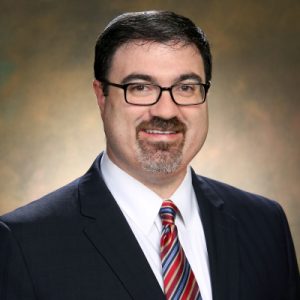It’s hard to consider that we have lived through over a year of COVID. Last year at Passover we said, Mah nishtanah halilah ha-zeh: Why is this night different from all other nights? But the difference wasn’t just in eating matzah. Our first pandemic Passover tasted like a bitter herb dipped twice into salt-water tears. For many, it was the first-time celebrating a holiday on Zoom. For others, the holiday was isolating without family, loss of employment, and all the unknowns that lay ahead. As novel as Passover was last year, each of us carried on in the uncertainty of an unfolding pandemic and in the hope of a temporary disruption.
A year later, we will ask the question again. Our lives have changed in so many ways. Each of us has struggled with the ongoing pain and trauma of a world upended. We are cognizant of the the distress, damage, and losses felt by many in our community. We’ve been pulled in a million directions: health hyper-vigilance and surrendering to what’s beyond our control, staying hopeful and grieving lives that have been dramatically altered or lost altogether. We’ve had to educate our children, keep our jobs, and find ways to relax as we spend day after day, week after week, physically distanced.
The Passover Haggadah provides an important framework for the resilience of our people. The Hagaddah explains, B’chol dor vador chiav adam lirot et atzmo k’ilu hu yatza mi-mitzrayim, “In each and every generation, a person is obligated to see oneself as if he or she exited from Egypt.” We aren’t the first generation to celebrate Passover during difficult times. We are descendants of people who observed Passover through Babylonian and Roman persecutions. It was our families that observed Passover during and after the crusades, pogroms, and the Holocaust. It was our families that made their way through dark and painful moment, choosing to elevate a timeless story of redemption, freedom, and the will to overcome.
If there is ever a year when we need to place ourselves inside of the Passover story – to see ourselves as though we had personally exited from Egypt – it is this year. One of the ways that we create resilience is through the stories we tell and through the heritage we choose to lift-up. Our lives have changed dramatically. Realities hit us, over and over again in waves. This year, we can see ourselves in the Passover story.
We each experienced Egypt moments of pain, Exodus moments of hope, and Sinai moments of connection. We have learned and grown. Passover is about that re-birth – the budding of newness that reminds us of the resilience that lies within each of us and within our community. We are the children, grandchildren, and great-grandchildren of people who chose to worship a compassionate, loving, and gracious God who gave life and supported them upon their own journey through darkness. Our current journey is challenging in its own right. Passover beckons to us to make our way boldly. As Michael Walzer wrote in Exodus and Revolution, “Standing on the parted shores of history we still believe what we were taught before we ever stood at Sinai’s foot, that wherever we go it is eternally Egypt, that there is a better place, a promised land; that the winding way to that promise passes through the wilderness. There is no way to get from here to there except by joining hands, marching together.”




